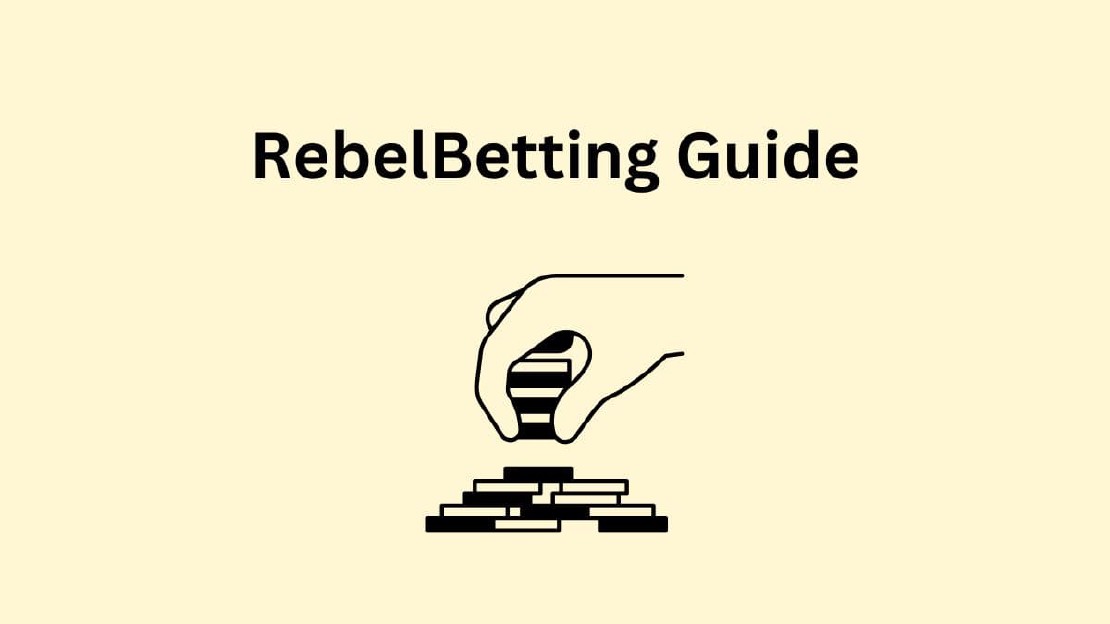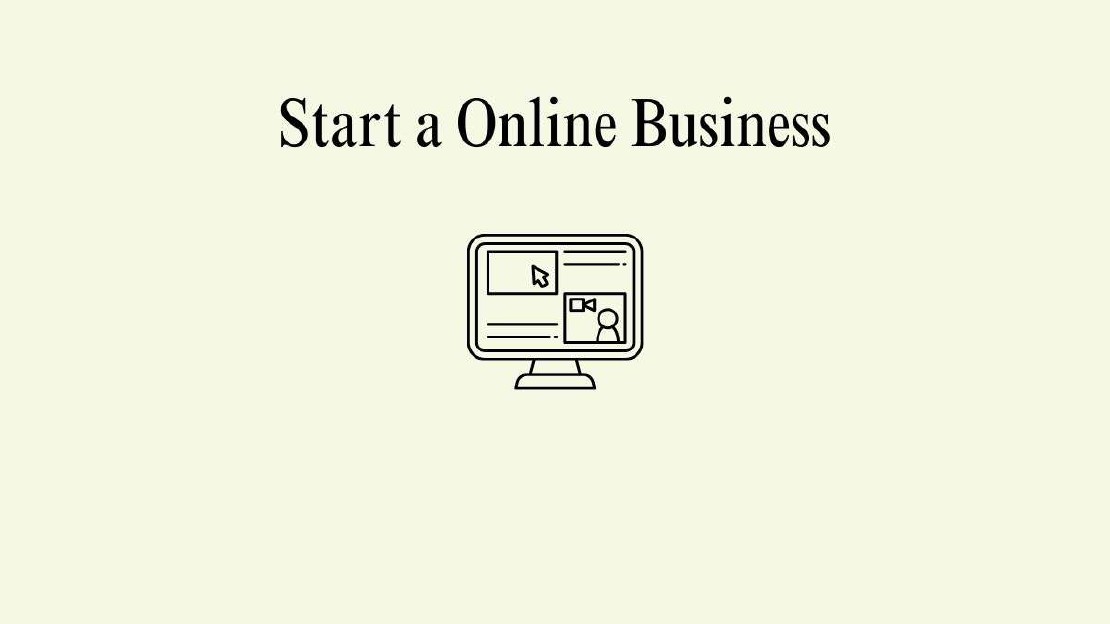Online Business Startup
Starting an online business is an exciting and rewarding venture that offers flexibility, independence, and the potential for significant income. Whether you’re looking to create a side hustle or replace your full-time job, this guide will walk you through everything you need to know to launch an online business successfully.
How to Starting an Online Business
In today’s digital age, starting an online business has never been easier or more profitable. According to Statista, e-commerce sales are expected to reach 6.54 trillion dollars U.S.D. by 2022. This surge is driven by the growing number of consumers who prefer shopping online for convenience, variety, and competitive prices. An online business allows you to reach a global audience and operate 24/7, maximizing your ability to generate income.
1. Brainstorm Business Ideas
The first step in starting an online business is identifying a profitable niche. A niche is a specific segment of the market that you will target with your products or services. Choosing the right niche is crucial because it determines your target audience and competition.
2. Identifying Your Online Business Passion
What are you passionate about? What skills or knowledge do you have that others might find valuable? The key to identifying an online business that your passionate about involves finding your passion!
- Market Demand: Use tools like Google Trends and keyword research to identify trends and search volume in your potential niche.
- Competition: Analyze your competitors to see what they are doing well and where there might be gaps in the market.
- Do your Homework: Check out the top internet entrepreneurs in your respective market.
Profitable Online Business Ideas
Here are some online business ideas to get you started:
- E-commerce Store: Sell physical products through an online store.
- Dropshipping: Start a dropshipping business.
- Digital Products: Create and sell digital products like e-books, courses, or software.
- Affiliate Marketing: Promote other companies’ products and earn a commission on sales.
- Podcasting: Learn how to start a podcast.
2. Conduct Market Research
If you want to succeed, you must learn how to market an online business. Market research helps you identify who your potential customers are, what they want, and how you can meet their needs. You can use social media to conduct surveys, interviews, and focus groups to gather insights about your audience’s preferences, pain points, and buying behaviors.
Competitive analysis is another critical aspect of market research. Identify your top competitors and analyze their strengths and weaknesses. Look at their website design, product offerings, pricing, and marketing strategies. Use this information to differentiate your business and offer a unique value proposition.
By researching you can develop a better understand of your target audience, effectively price your online services!
3. Create a Business Plan
A well-thought-out business plan is the foundation of any successful online business. It outlines your business goals, strategies, and financial projections. Here’s what to include in your business plan:
- Executive Summary: Provide a brief overview of your business, including your mission statement, products or services, and target market.
- Market Analysis: Detail your market research findings, including your target audience, market size, and competitive landscape.
- Marketing and Sales Strategy: Outline your plans for attracting and retaining customers. Include your online business pricing strategy, sales channels, and promotional tactics.
- Financial Projections: Estimate your startup costs, revenue, and expenses for the first few years. This will help you determine how much capital you need and when you can expect to break even.
Last but not least, you must figure out how you plan to fund your online business. Can you get a loan from friends or the bank? If not, you should consider crowdfunding to raise money for your business. For more information read through our ultimate crowdfunding guide!
4. Set Up Your Online Store
The next step is to choose an e-commerce platform to build your online store. Popular platforms include Shopify, WooCommerce, and BigCommerce. Consider factors like ease of use, customization options, and scalability when selecting a platform.
A well-designed website is crucial for attracting and converting customers. Use a clean, professional design that reflects your brand identity. Ensure your website is mobile-friendly, as more than 50% of online shoppers use their mobile devices to make purchases. According to Google, 53% of mobile users will abandon a site if it takes longer than three seconds to load, so prioritize site speed.
Make it easy for customers to pay by offering multiple payment options, including credit cards, PayPal, and other digital wallets. Secure your website with SSL certificates to protect customer data and build trust.
5. Develop a Marketing Strategy
Social media is a powerful tool for promoting your online business. Create profiles on popular platforms like Facebook, Instagram, and Twitter to engage with your audience and share content. Use targeted ads to reach specific demographics and drive traffic to your website.
Content marketing involves creating valuable content to attract and engage your target audience. Start a blog on your website to share industry insights, how-to guides, and product reviews. According to HubSpot, businesses that blog generate 55% more website visitors and 97% more inbound links.
Email marketing is an effective way to nurture leads and build customer relationships. Use email campaigns to promote new products, offer discounts, and share updates. Segment your email list to send personalized messages that resonate with different audience segments.
Optimize your website for search engines to increase organic traffic. Use keyword research to identify relevant terms and incorporate them into your website content, meta descriptions, and headers. Focus on creating high-quality, original content that provides value to your audience.
6. Manage Inventory and Fulfillment
Effective inventory management ensures you have the right products in stock without overstocking. Use inventory management software to track your inventory levels, sales, and reorders. Set up automatic alerts to reorder products before they run out.
Order fulfillment is the process of picking, packing, and shipping products to customers. You can handle fulfillment in-house or outsource it to a third-party logistics provider. Ensure timely and accurate order processing to keep customers happy and reduce returns.
7. Provide Excellent Customer Service
Prompt and helpful customer service is essential for building trust and loyalty. Use multiple channels, such as email, live chat, and social media, to respond to customer inquiries. Provide clear and accurate information to resolve issues quickly.
A clear return and refund policy can enhance customer satisfaction and reduce disputes. Make your policy easily accessible on your website and communicate it clearly to customers. Process returns and refunds promptly to maintain a positive reputation.
8. Analyze and Improve
Regularly track key performance metrics to measure the success of your online business. Important metrics include website traffic, conversion rate, average order value, and customer lifetime value. These days you can find many online services for entrepreneurs, tools like Google Analytics, Canva, Squoosh and so on.
Always look for ways to improve your business operations, marketing strategies, and customer service. Stay updated on industry trends and new technologies to stay competitive. Gather feedback from customers and use it to make informed decisions and enhancements.
Conclusion
Starting an online business is a journey that requires careful planning, dedication, and continuous learning. By following these steps and leveraging the right tools and strategies, you can build a successful online business that stands out in the competitive digital landscape. Remember, the key to success is to stay adaptable and always be willing to learn and improve.
Recent Posts

- Work From Home
Amazons Mechanical Turk Monetization Tips
Looking for flexible online income? These Amazons Mechanical Turk monetization tips will help you turn small tasks into real earnings. If traditional remote …

- Work From Home
Fulfillment by Amazon Complete Guide
Launching and scaling an online store can feel overwhelming. Managing inventory, shipping products, handling returns—each task demands significant time and …

- Side Hustles
RebelBetting Complete Guide
In recent years, sports betting has transitioned from casual entertainment into a serious income opportunity for savvy bettors. However, consistently beating …
